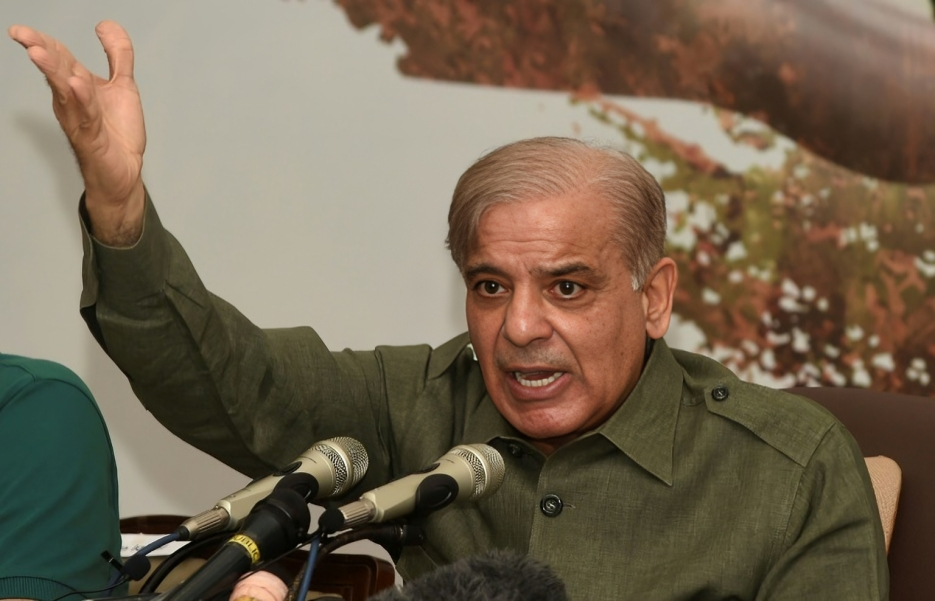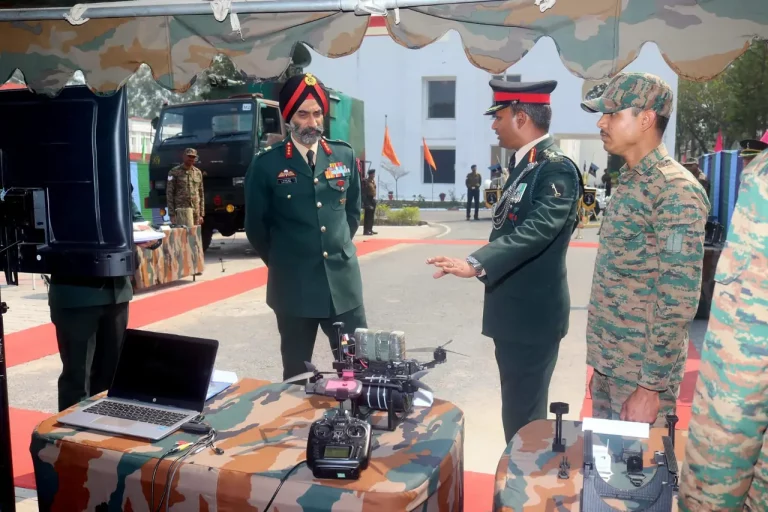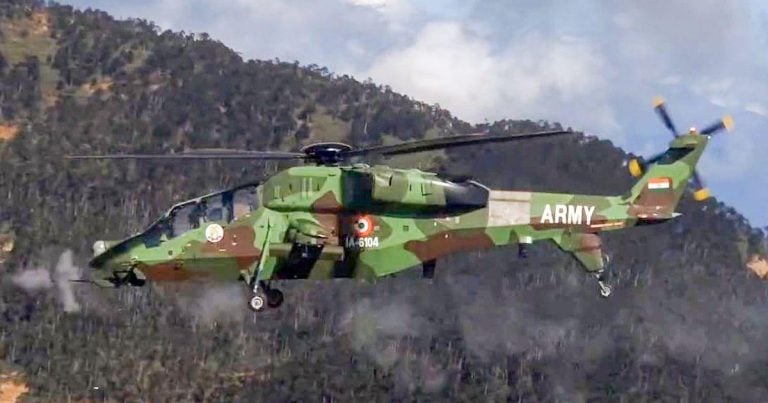In a recent event in Azerbaijan, Pakistan Prime Minister Shehbaz Sharif made a striking revelation regarding the military tensions between Pakistan and India. He disclosed that India executed a surprise missile attack on key Pakistani military bases just hours before Pakistan had planned to launch its own offensive.
Sharif shared that Pakistan’s military had intentions of carrying out a strike against India on the morning of May 10, immediately following Fajr prayers. However, the situation escalated when India’s long-range supersonic BrahMos cruise missiles targeted various locations across multiple Pakistani provinces, effectively disrupting their operational plans.
The Prime Minister emphasized that the Pakistan Army was “caught unawares” during the critical night of May 9-10. He provided details on the timing and precision of the Indian offensive, recounting his reaction upon being informed of the attack by General Syed Asim Munir, who has since been elevated to the rank of Field Marshal.
“Our armed forces were prepared to act at 4:30 a.m. after Fajr prayers to teach a lesson,” Sharif explained. “But before that hour even arrived, India once again launched a missile attack using BrahMos, targeting various provinces of Pakistan, including the airport in Rawalpindi.”
This admission brings to light the strategic advantages that India has gained through its pre-emptive strike capabilities, further complicating the already intricate military dynamics between the neighboring countries. The role of the BrahMos missile system, known for its precision and speed, is proving to be a significant factor in shaping operational strategies in the region.
The revelation marks a pivotal moment in the ongoing tensions, raising questions about the balance of power and the risks of military confrontation between two nuclear-armed states.







